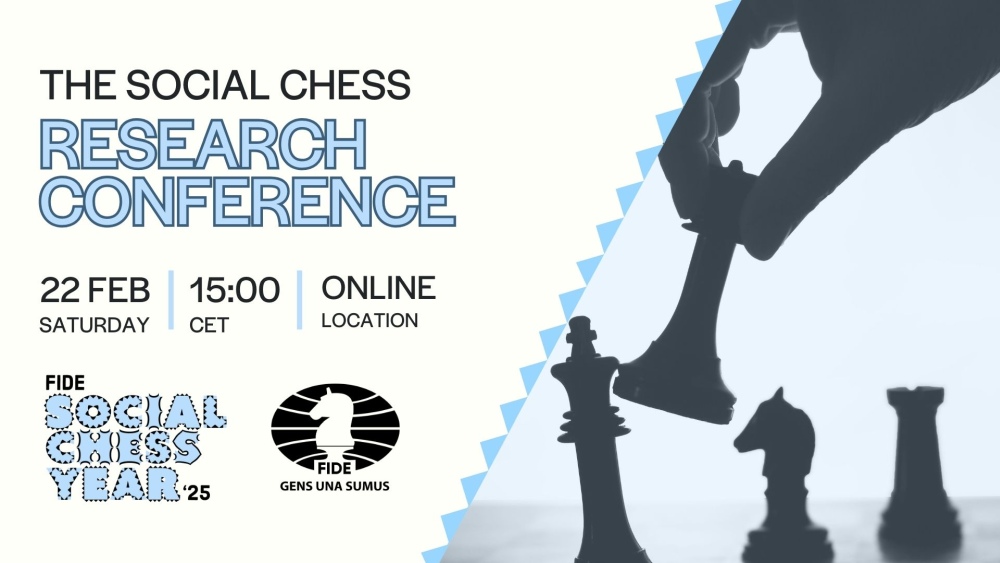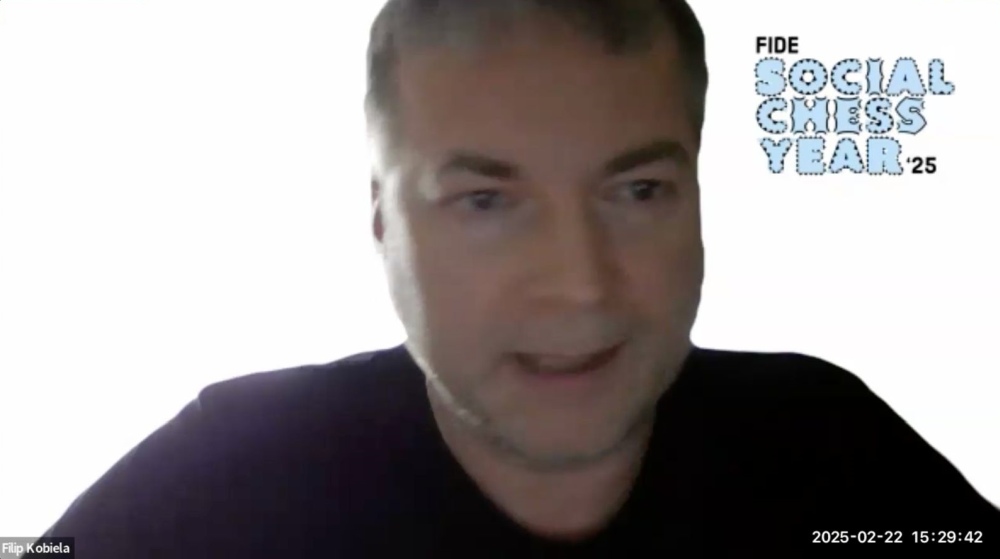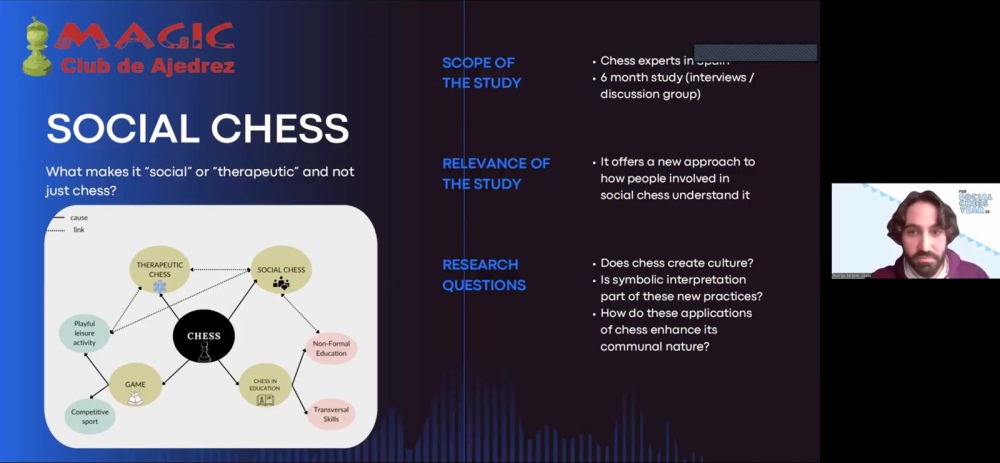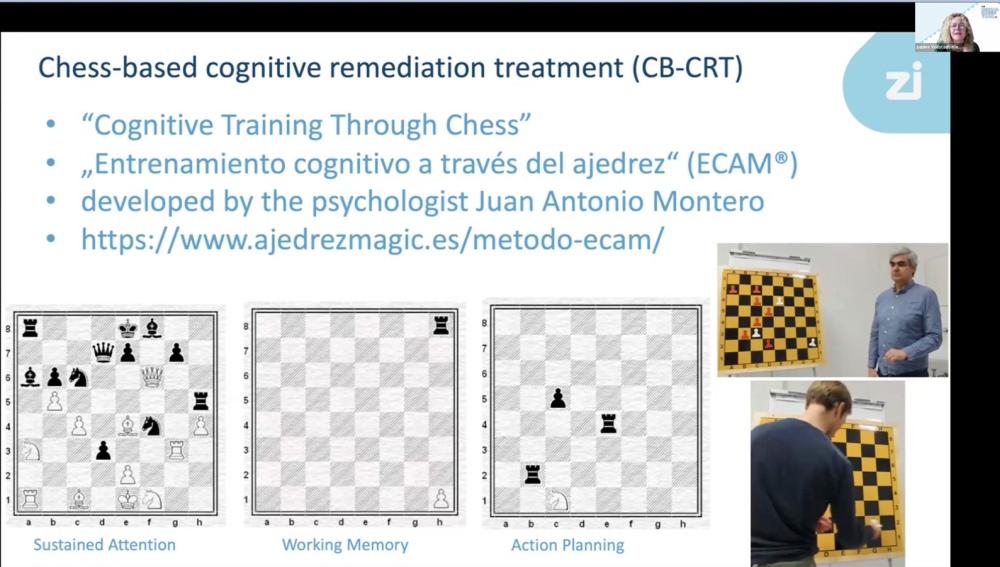
In one of the most comprehensive gatherings of scientists and researchers on the topic of chess, the conference addressed issues such as the role of chess in education and mental recovery.
Although chess is widely regarded as a tool for cognitive and personal development, these claims are seldom substantiated by concrete research. With this in mind, the FIDE Social Chess Research Conference—which took place online on February 22—brought together experts in sports and mental health from different health and research institutions worldwide to present their findings and discuss the broader societal role of chess.
The conference is part of FIDE’s Social Chess Year initiative, which aims to promote the social value of chess and its importance beyond being just a game, highlighting its role in personal development.
Why chess should be considered a sport
One of the first issues addressed at the conference was the long-standing debate on whether chess qualifies as a sport. The International Olympic Committee and over 100 countries recognise chess as a sport, though some do not.
Prof. Filip Kobiela from the University of Physical Education in Kraków, who has researched the topic, noted that traditional definitions of sport emphasise physical skills, which some argue chess lacks.

Kobiela noted that chess demands endurance and quick reflexes—especially in fast formats like blitz—and highlighted chess-boxing as a hybrid of mental and physical competition, challenging ‘narrow definitions of sport’ that overlook chess’s physical aspects.
He concluded that a broader, more inclusive definition should consider chess a sport, taking into account its physical elements as well as its institutional recognition by the IOC and numerous countries worldwide.
Scientific proof of chess improving cognitive skills
One of the key topics discussed at the conference focused on the role of chess in enhancing cognitive skills. Juan Antonio Montero Aleu and Rodrigo Babeito introduced the ECAM Method—a cognitive training approach using chess. The method is applied in various settings, from elderly care to addiction treatment and autism therapy.
Its applicability without prior chess knowledge broadens its potential for implementation.
According to the researchers, the method aids memory, attention, and executive function training while providing a motivating and engaging way to stimulate the brain.
The method is available via the Gym Chess App—a digital version of the ECAM Method featuring over 2,500 exercises designed to train cognitive functions.
Speaking specifically on brain and addiction recovery, Prof. Dr. Sabine Vollstädt-Klein from the Central Institute of Mental Health in Mannheim presented her research findings.
Her research found that chess enhances cognitive function in both children and older adults, particularly by strengthening their reflective system and improving self-control. It also reduces substance cravings—tested on smokers and individuals with alcohol dependence—and enhances life satisfaction.
When chess-based cognitive training was compared to standard treatment, the research found that the chess-infused approach led to greater improvements in attention, executive function, and cognitive flexibility, as well as stronger brain activation in key cognitive areas post-training. The method was integrated with the Gym Chess App and recommends incorporating physical exercise for better cognitive results.

Towards future research projects
The FIDE Social Chess Research Conference also featured breakout sessions where participants discussed ongoing projects and ideas for future research benefiting chess. Topics included integrating wellness tools for chess and increasing eco-friendly practices and sustainability in chess clubs.
FIDE Social Commission Chair Andre Vögtlin thanked the participants of the conference, noting that their contributions are helping chess gain recognition “in the market,” in both the public and private sectors—”as we bring forward concrete evidence of the positive impact of chess on society.”



